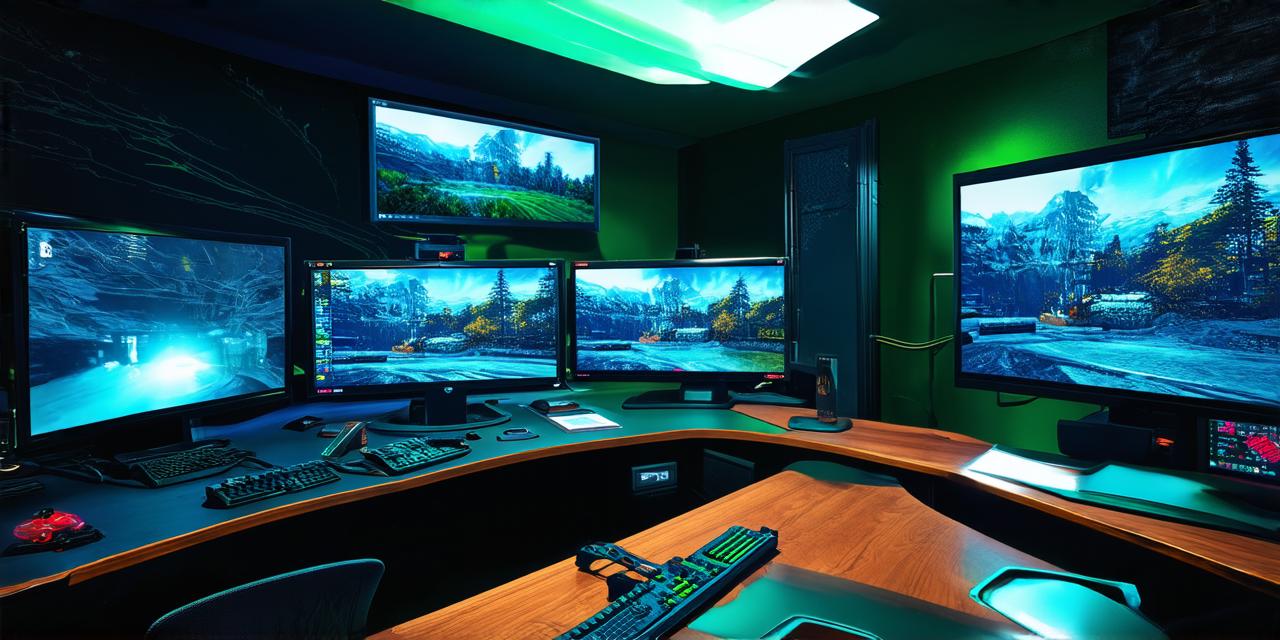1. Unity

Unity is one of the most popular game engines on the market, with millions of developers using it to create everything from 2D mobile games to large-scale AAA titles. What makes Unity stand out is its flexibility and versatility. With support for a wide range of platforms and scripting languages, Unity can be used to create games for almost any device or operating system. Additionally, Unity’s built-in tools for animations, physics, and AI make it easy to create complex game mechanics and interactions.
2. Unreal Engine
Unreal Engine is another popular game engine that is widely used in the industry. It is known for its high-performance graphics and advanced features such as real-time ray tracing and dynamic lighting. Unreal Engine also supports a wide range of platforms, including PC, console, mobile, and VR/AR. However, one of the downsides of Unreal Engine is that it can be more difficult to use than some other engines, especially for beginners.
3. CryEngine
CryEngine is a game engine that is known for its high-quality graphics and realism. It was originally developed by Crytek, who used it to create the popular first-person shooter series, Crysis. CryEngine has a number of advanced features such as physics simulations and AI, but it can be more difficult to use than some other engines due to its steep learning curve.
4. Unity Asset Store
The Unity Asset Store is a marketplace where developers can find pre-made assets, tools, and plugins for Unity. These assets can help streamline your workflow and save you time and money by providing ready-made solutions to common game development challenges. From 3D models and animations to AI and physics engines, the Unity Asset Store has something for everyone.
5. Blender
Blender is a popular 3D modeling and animation software that can be used in game development. It is free and open-source, making it accessible to developers of all skill levels and budgets. Blender has a wide range of features, including advanced rigging and animation tools, particle systems, and support for real-time rendering.
6. Adobe Creative Suite
<p




